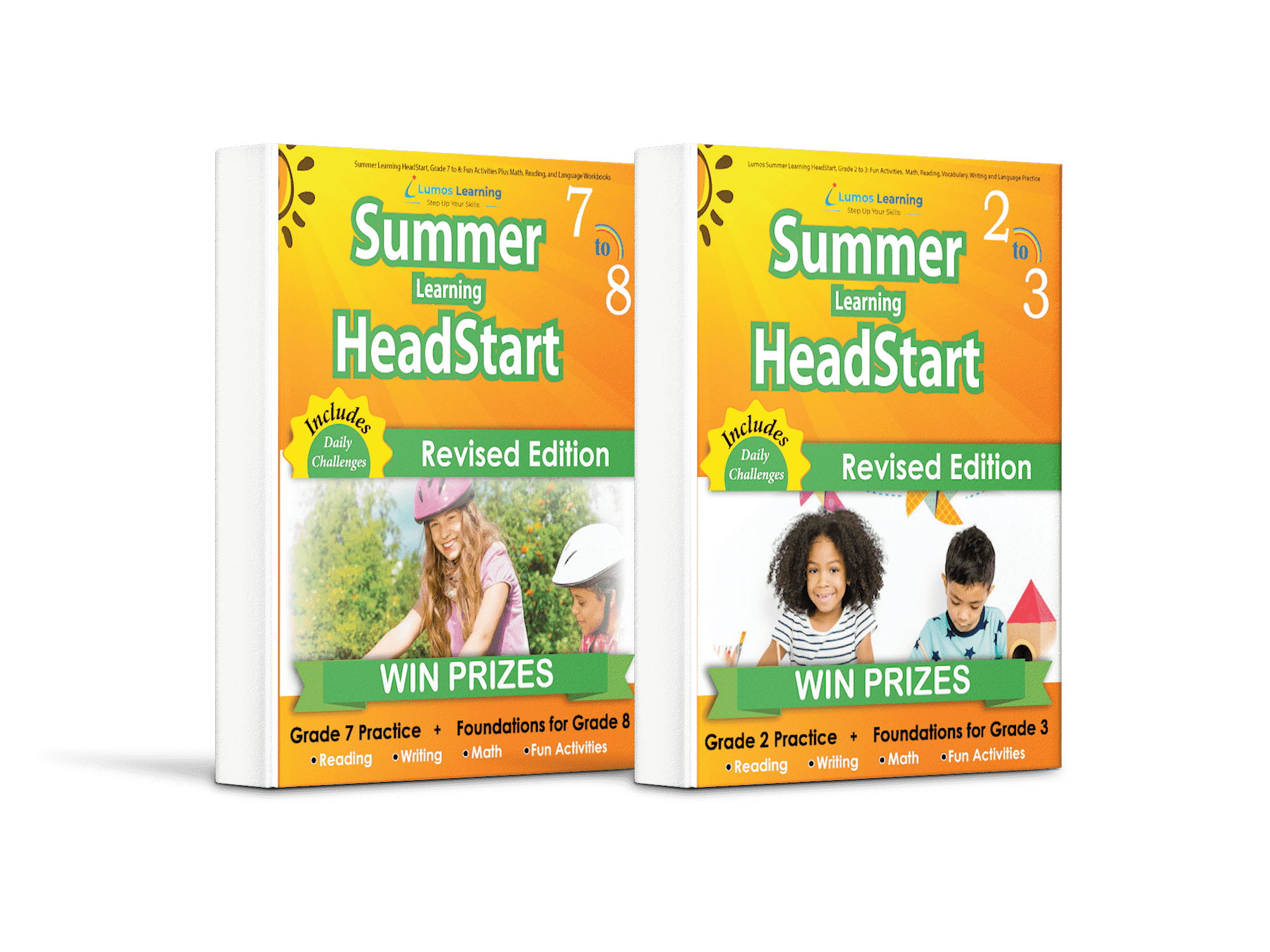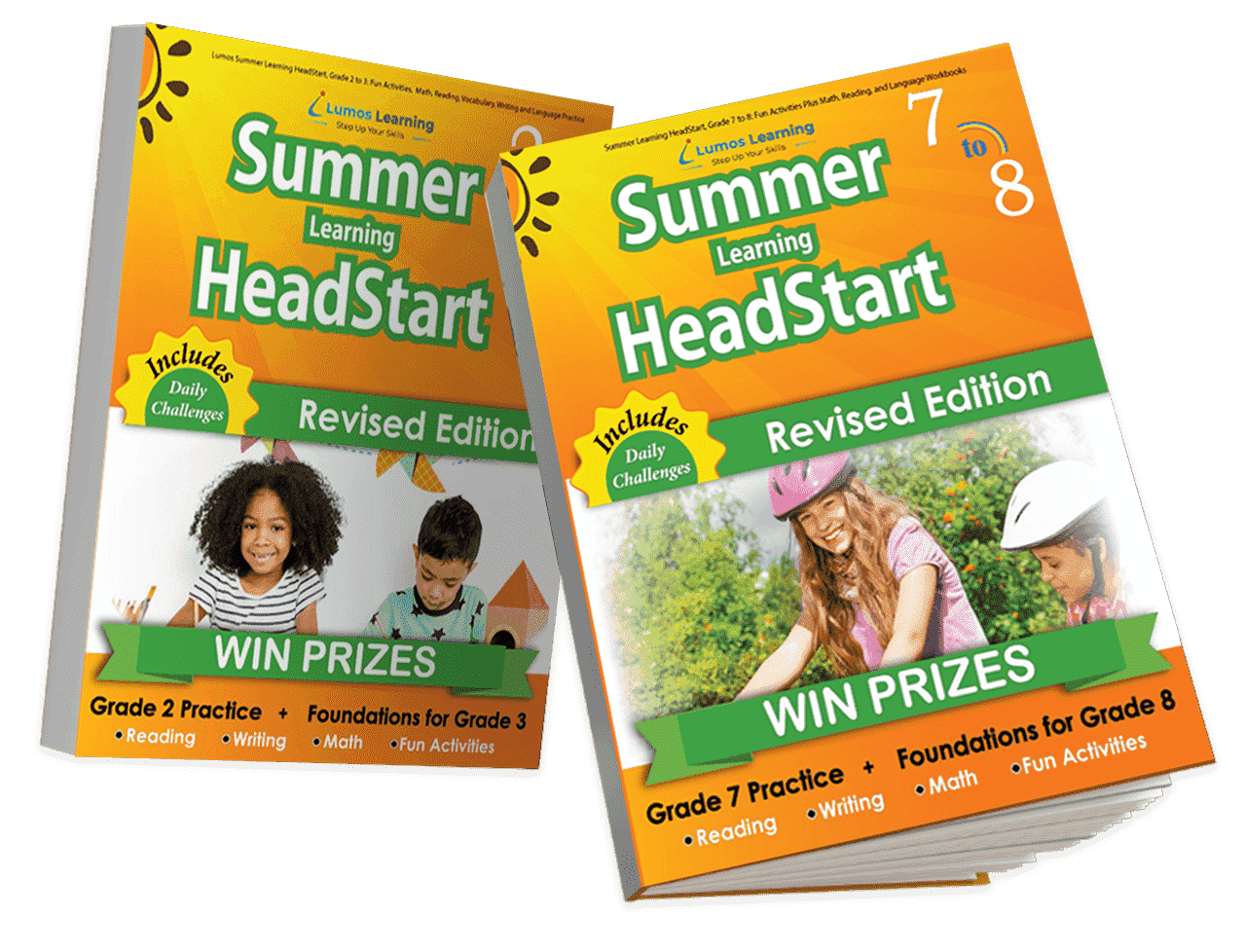SEVEN PRACTICAL STRATEGIES TO ENCOURAGE INDEPENDENT PRACTICE DURING SUMMER
During the summer, students often experience a loss in learning and reading ability, known as the “summer slide” or “summer learning loss.” To combat this, we have compiled seven practical strategies to keep students engaged and maintain critical skills. Let’s explore each strategy in detail:
Set Aside 15-30 Minutes for Daily Summer Practice
Incorporate learning-based activities into daily routines. Students can dedicate a specific time each day for educational activities, such as solving math problems, reading books, or engaging in educational games. By consistently setting aside 15-30 minutes daily for learning, students can prevent skills from deteriorating over the summer.
Encourage Learning With Summer Workbooks
Provide students with engaging summer workbooks that offer various fun and interactive activities to reinforce and strengthen academic skills. Whether lounging by the pool, on a family road trip, or in the comfort of their own home, students can sharpen their skills anywhere. These workbooks can be easily carried and used as a handy resource to keep students connected to learning during their summer adventures.
Summer Math Practice
Mathematical skills tend to decline over the summer if not practiced regularly. Encourage students to work on a few math problems each day to prevent their skills from getting rusty. They can view it as a daily challenge or a “to-do” item to check off their calendar. Utilize resources like the Lumos summer workbooks with daily math challenge rounds to help students close gaps in their math skills, retain what they learned in the previous school year, and prepare for the upcoming grade.
Summer Reading
Reading comprehension is a crucial skill, and summer is a great time to improve it. Provide students with comprehensive summer learning workbooks that contain engaging reading materials. These workbooks offer high-interest reading passages and vocabulary enrichment activities, allowing students of all grades to enhance their reading skills. Encourage students to spend several minutes daily reading and exploring these materials.
Review and Prepare for the Next Grade
Summer provides an opportunity for students to review and reinforce the skills they learned in the previous grade while preparing for the next. Provide summer workbooks that help students review Math and English Language Arts (ELA) skills from the past grade level and introduce concepts from the upcoming school year. Students can check their work using detailed answer keys and explanations, strengthening their foundational knowledge.
Stimulate Creative Writing
Writing is an essential skill that can be maintained and improved during the summer. Encourage students to engage in creative writing activities, such as writing a paragraph every day or maintaining a summer diary or journal. By expressing their thoughts and ideas through writing, students can sharpen their language skills and nurture their creativity. Provide prompts or topics to inspire their writing, such as special outings, holiday memories, or personal experiences.
Emphasize Specific Skill Areas
Identify subjects or skills that students struggled with during the previous school year and focus on targeted practice. Allocate 15 to 30 minutes per day to work on these specific areas. Printed summer learning workbooks and online resources offer a wide range of learning materials and engaging activities tailored to specific subjects, allowing students to reinforce and strengthen their academic skills.
By implementing these strategies, students can actively prevent the summer brain drain and experience significant improvement in their academic skills. Let’s make the most of the summer break by keeping students connected to learning and setting them up for success when they return to school in the fall.
Download Free Summer Worksheets for Every Grade
- Free Summer Worksheet for Grade 1 to 2
- Free Summer Worksheet for Grade 2 to 3
- Free Summer Worksheet for Grade 3 to 4
- Free Summer Worksheet for Grade 4 to 5
- Free Summer Worksheet for Grade 5 to 6
- Free Summer Worksheet for Grade 6 to 7
- Free Summer Worksheet for Grade 7 to 8
- Free Summer Worksheet for Grade 8 to 9
- Free Summer Worksheet for Grade 9 to 10




